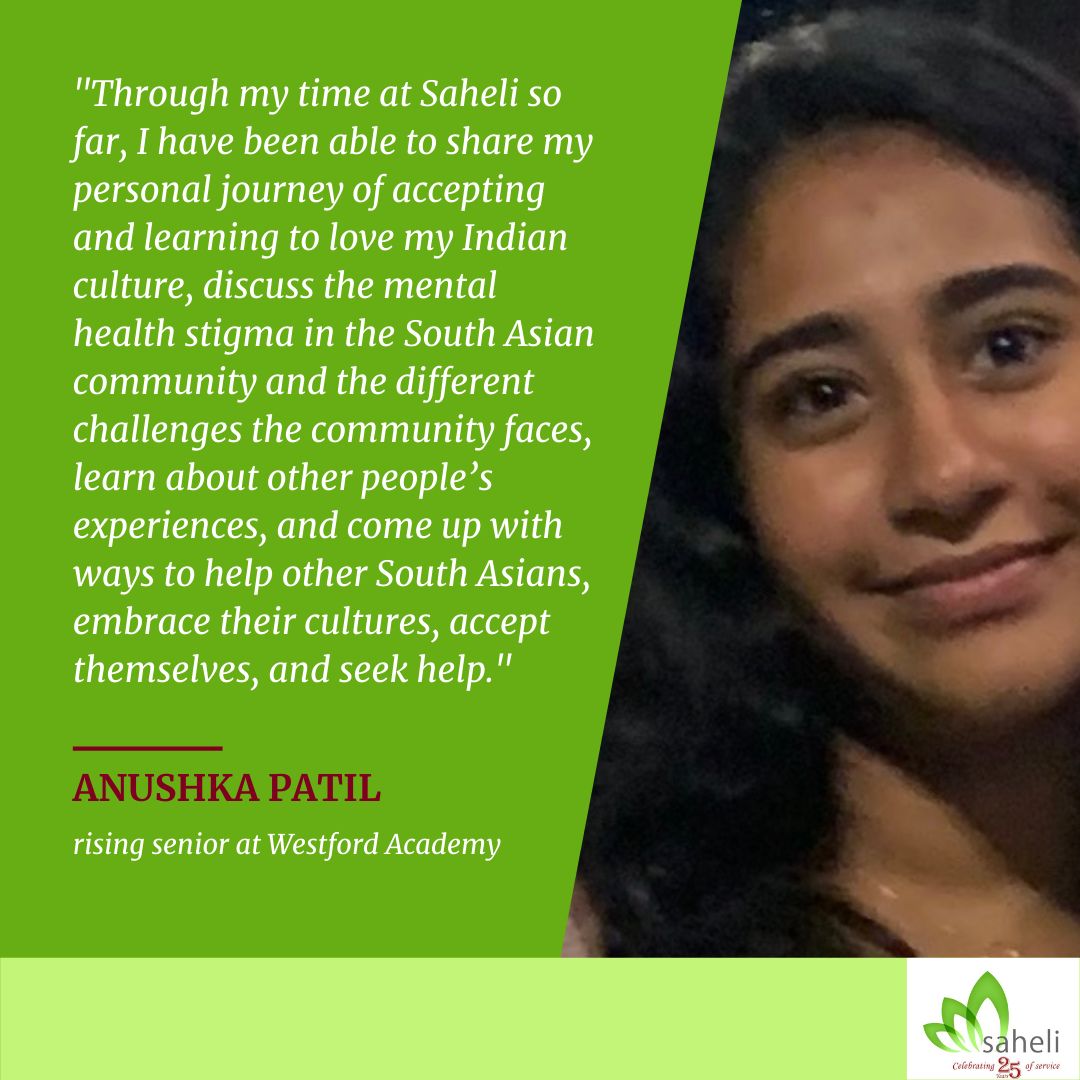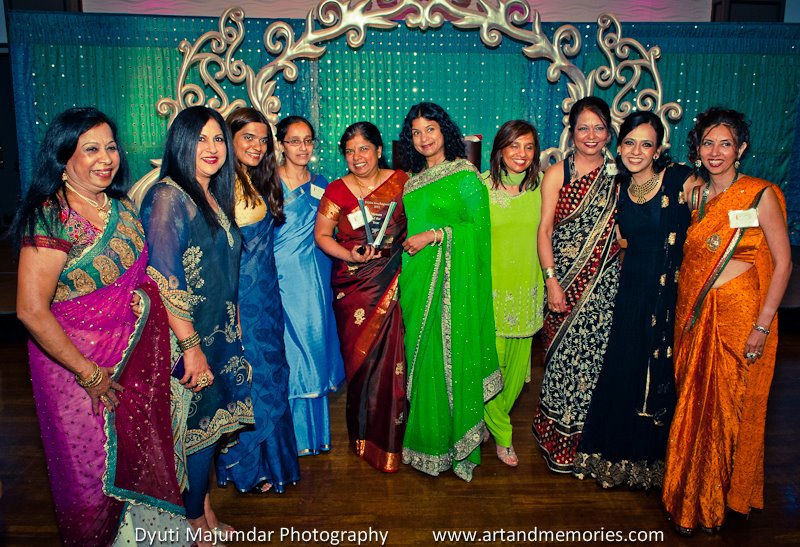by Anushka Patil
To put it simply, Saheli has given me a community of South Asian students who understand the difficulties of balancing one’s nationality and ethnicity in a world of stigma and prejudice.
Joining Saheli, I was eager to be a part of an organization that values women and their rights within relationships, as Saheli serves as a resource for South Asians to seek domestic violence help. I became a youth fellow for Saheli in November of 2020, participating in workshops centered around mental health risks for South Asians. Our monthly, two-hour discussions emulated Saheli’s values of empowerment, trust, and empathy. I thoroughly enjoyed the hands-on activities, such as creating a map of the experiences that define us, video-analysis activities, such as watching and interpreting unhealthy relationship, and moderated discussions that allowed everyone to contribute on topics from gender dynamics in immigrant households to restrictions placed on South Asian youth by their cultural heritage. From my time at Saheli so far, I have learned how to further embrace my Indian-American culture, while also recognizing the importance of calling out the toxicity within both the South Asian community and the global community as a whole.
I am proud to be a part of an organization that fosters meaningful social-emotional conversations. I have seen firsthand the implications of not expressing one’s internal and external challenges. As South Asians and children of immigrants, it is our job to construct a new mindset for the next generation. And, for ourselves, these conversations, about culture, identity, expectations, stereotypes, mental health, and colorism, build a sense of community that is vital to our feelings of acceptance and self-esteem.
Specifically, at Saheli, I have focused on academic pressures, body-image standards, and the female role in South Asian households. Over the summer, my fellow youth fellows and I organized a virtual conference in which we all researched different issues within the South Asian community and their relation to teenage mental health. With my topics of interest, I presented my findings. I learned much about leadership, communication, and kindness through the process of creating and executing a conference. All-in-all, the youth conference opened my eyes to the ways in which we can actively work to make positive changes within our communities. On that note, another meaningful opportunity provided to me by Saheli was participating in a South Asian mental health focus group organized by Lahey researchers. By voicing my Indian-American perspective, I like to think that my words will hold weight in future research on youth mental health.
Working with Saheli, I have the incredibly valuable opportunity to shine a light on the issues that plague the South Asian community. In my own life, I hope to uplift South Asian stories and provide a platform for minorities to share on topics and emotions that we are often taught to internalize. I truly hope to see society continue moving in a direction where mental health is deemed a priority.
Anushka Patil is a senior at Westford Academy and a participant of Saheli youth program.



